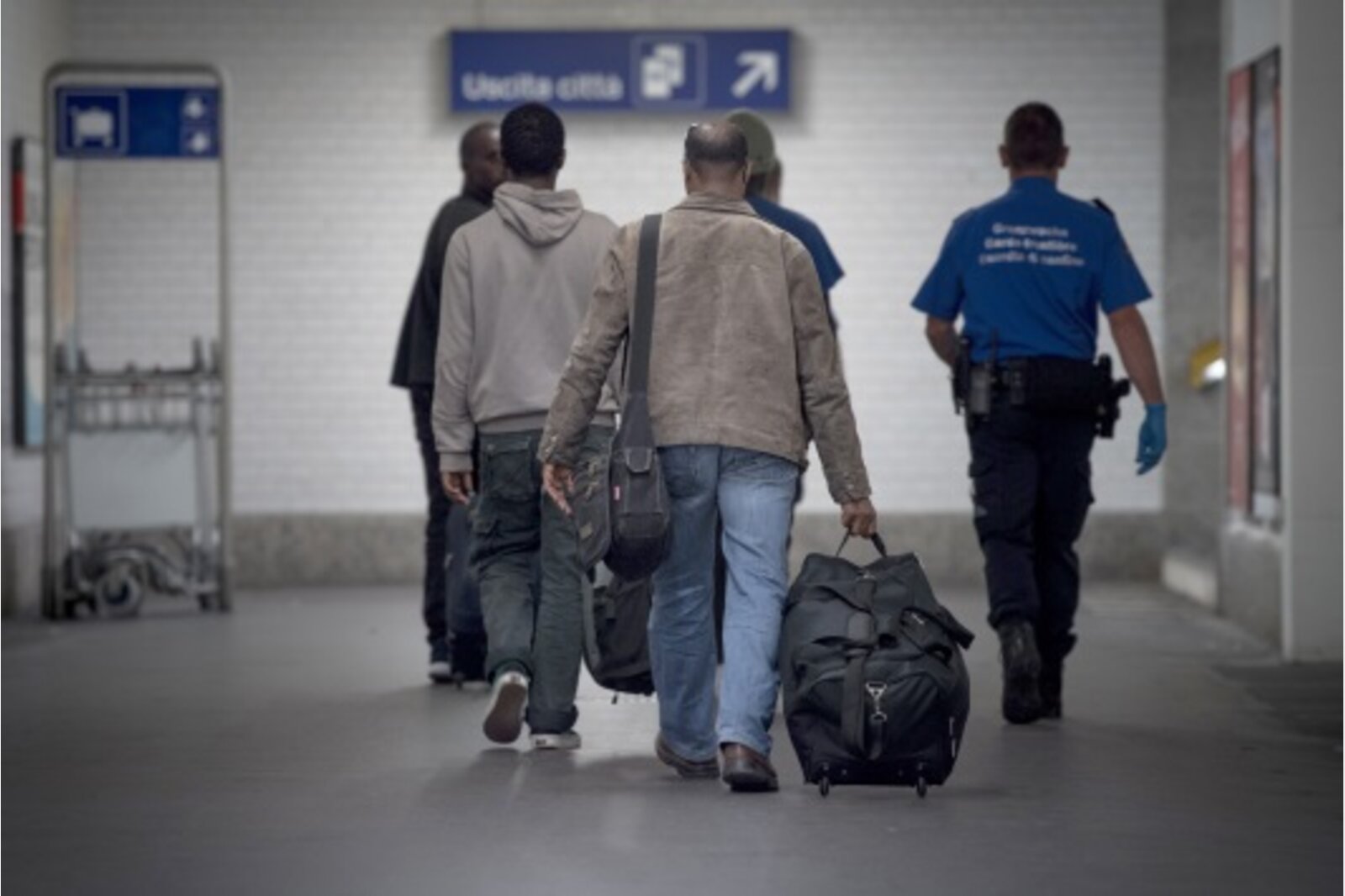Press release regarding judgment D-4235/2021
Easing of requirements for Dublin transfers to Italy
In the framework of what are known as “take-charge” transfers pursuant to the Dublin Agreement, Swiss authorities no longer have to request preliminary guarantees, not even for persons with serious health problems who have not yet applied for asylum in Italy. The Federal Administrative Court has rendered this decision in a reference judgment.

After the “Salvini Decree” (Legislative Decree 113/2018) was largely rescinded in December 2020, conditions have improved for especially vulnerable asylum seekers. In a reference judgment1, the Federal Administrative Court (FAC) examined the situation of persons with serious health problems and clarified its prior jurisprudence2.
The Court reached the conclusion that the Secretary of State for Migration is not required to systematically request individual guarantees from the Italian State for each person with serious health problems before ordering their transfer to Italy under the Dublin Agreement.
The distinction between take charge and take back
The FAC distinguishes between two types of situation under the Dublin III Regulation: that of persons who have not yet filed an application for asylum in Italy (the take-charge case) and that of persons who have already applied for asylum or whose application has been denied (the take-back case). In the take-charge cases, the persons concerned may be transferred to Italy without requesting individual guarantees beforehand. It may be assumed that Italy guarantees these persons access to appropriate medical assistance and accommodation. In the take-back cases, on the other hand, the Swiss authorities are still required to demand sufficient individual guarantees from the Italian authorities.
This judgment is final and may not be appealed to the Federal Supreme Court.
(1) This judgment was coordinated by all judges from divisions IV, V and VI. It analyses the conditions of the existing situation in a given country and provides a legal assessment which holds not only for this case but for many other proceedings as well.
(2) See judgements E 962/2019 of 17 December 2019 and F-6330/2020 of 18 October 2021
Precedents
Legislative Decree 113/2018 on security and immigration (known as the “Salvini Decree”) had a profound impact on the accommodation conditions of asylum seekers in Italy. In its reference judgement E 962/2019, the FAC specified its then-existing case-law. Such case-law obligated the competent Swiss authorities to demand individual guarantees before transferring especially vulnerable persons (families and persons with serious health problems).
In December 2020, Italy enacted Legislative Decree 130/2020 which largely rescinded the provisions of the “Salvini Decree”. In its subsequent reference judgment F-6330/2020, the FAC determined that Switzerland may once again transfer families with underage children to Italy without having to obtain individual guarantees of adequate accommodation beforehand.
Contact

Rocco Maglio
Press secretary
